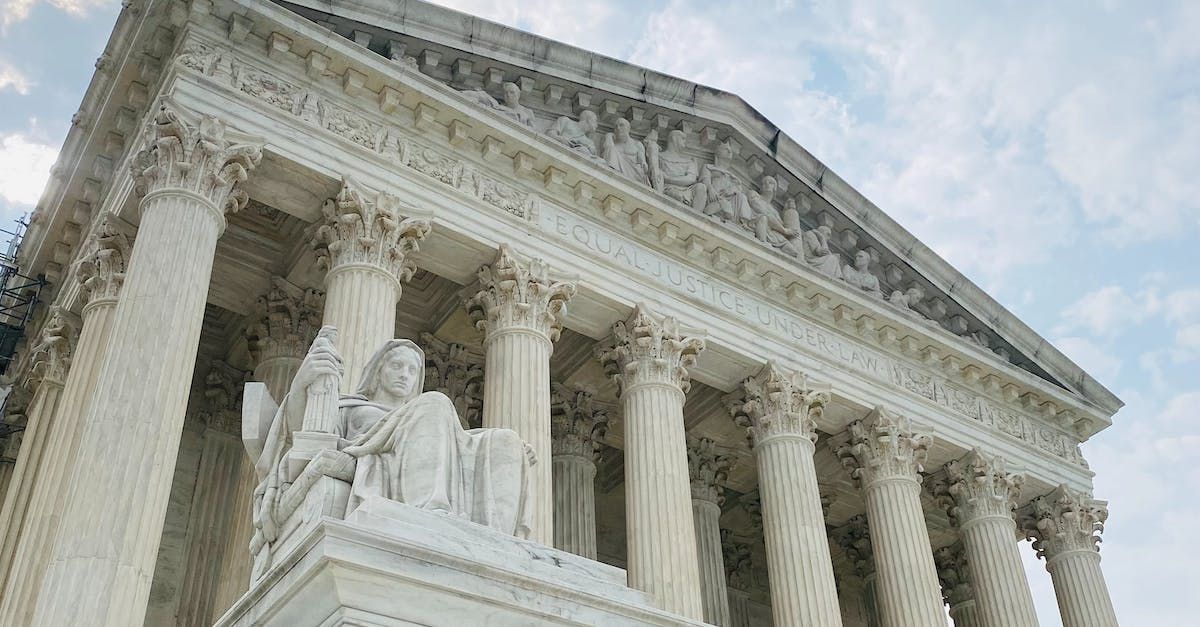Client Login
×Practice Areas
How do I become guardian of a child?

The death, disability, or other loss of a loved one is a difficult time for anyone, but none more than a minor child. While the adults are scrambling to pick up the pieces, they might forget there is a child left behind. And that child is experiencing more difficulty than anyone else may know or see. As a result, it is critical to attend to the child’s needs, which likely means pursuing a legal guardianship.
What Is Guardianship?
Guardianship is a probate action that happens in the county where the child resides. Any adult can petition the local probate court for appointment. That person (1) needs to be interested in the welfare of the child, and (2) must believe they are best-suited to serve. However, if there is a signed guardian nomination, it gives the applicant first priority to serve. Nominations happen in Last Wills or by a separate guardian nomination form. If the child is age 12 or older, they must receive notice of the petition and also have a say in the outcome. Even though a judge will decide guardianship, an older child can tell the court their preferences and why. After filing, there are several steps to the case, including hearings.
A probate court must find that the applicant’s appointment is in the best interests of the child. If not, the court will look to another option. After the guardian's appointment, they will file a "care plan" with the court. This covers important plans about where the child will live and how they will receive care. Every year afterwards the guardian will file a report that updates the court about the child. And finally, when the child turns 18, the guardianship terminates. It is possible to appoint two guardians. It is also possible for guardians to live in another state when they make the request. If needed, a surviving child can relocate to live with guardians in another state.
What should I do next?
The initial pleadings and reports, as well as the hearings and evidence for appointment, can quickly overwhelm anyone. If you wish to become a guardian, you need a complete understanding of the process. The attorneys at Opfer | Campbell P.C. handle guardianships every day, and are here to provide you that assistance. If you have questions or need to begin a case, call us today for a consultation.

Offices
Parker Station - 19751 East Mainstreet, Suite 215
Parker, CO 80138
Summit County - 620 East Main Street #6
Frisco, CO 80443
Phone
The experienced attorneys of Opfer | Campbell | Beck P.C., serve clients throughout both the Denver, Colorado (CO), metropolitan area , as well as clients and cases in Summit County.











